Food Storage Temperature Chart Australia Safe temperature guide Generally potentially hazardous food must always be at 5 o C or colder or 60 o C or hotter to keep it safe You can only keep food at another temperature if you can show it stays safe at that temperature Checking the temperature Use a thermometer to check the temperature of food to make sure it s at a safe temperature
Generally potentially hazardous food must always be at 5oC or colder or 60oC or hotter to keep it safe You can only keep food at another temperature if you can show it stays safe at that temperature Use a thermometer to check the temperature of food to make sure it s at Fridge and freezer temperatures Use a fridge thermometer to check if your fridge is running at 5C or below Frozen food should be kept at 18C or below which is the normal operating temperature of a domestic freezer or freezer compartment At these temperatures food should be frozen solid
Food Storage Temperature Chart Australia

Food Storage Temperature Chart Australia
https://www.mom4real.com/wp-content/uploads/2021/05/Refrigerator-Storage-Chart-1583x2048.jpg
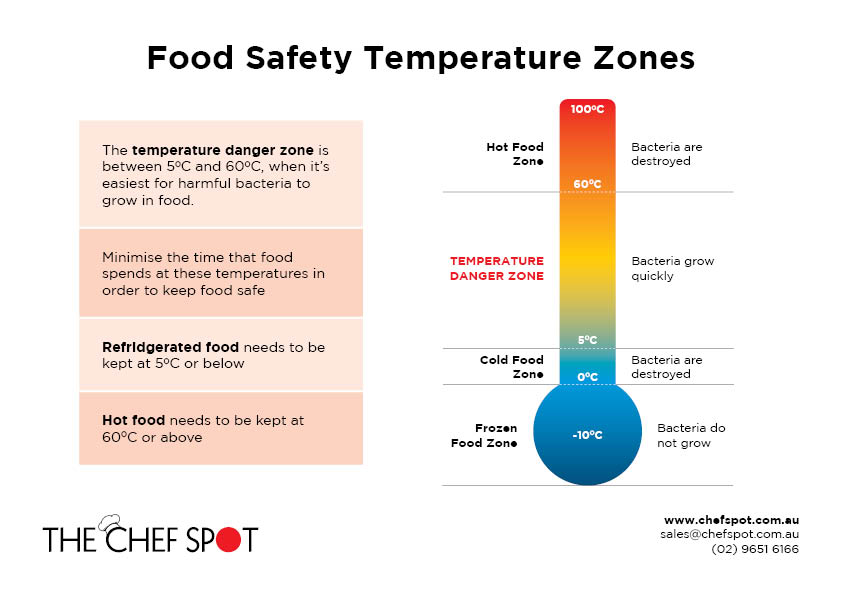
Safe Food Temperatures Chart Australia A Visual Reference Of Charts Chart Master
https://www.chefspot.com.au/assets/images/Temperature Zones Chart.jpg

Vegetable Temperature Storage Chart
https://i.pinimg.com/originals/f0/3e/cb/f03ecb331c8a05c04540e14b9341d6c8.jpg
At receival and during storage the critical temperatures are packaged food must not exceed 5 C red meat carcases and quarters must not exceed 7 C on the surface Favour those brands with labels which list storage temperatures or describe any special precautions necessary for storage Directions for preparations are put there for a good reason and should always be followed with chilled frozen and canned foods
The below table indicates the expected storage time for common food groups however it is essential to use these times as a guide and regularly monitor the condition of each ingredient to avoid placing patrons at risk of food related illnesses due to spoiled meals According to recent research most Australians don t know that cold food should be stored at or below 5 C Yet doing this can considerably reduce the chances of you or your family getting food poisoning Watch our short video on fridge safety
More picture related to Food Storage Temperature Chart Australia

Storage Times For The Refrigerator And Freezer Infographic Frozen Food Freezer Refrigerator
https://i.pinimg.com/736x/f0/3e/cb/f03ecb331c8a05c04540e14b9341d6c8.jpg

Temperature Chart Template Food Storage Temperature Chart Template Http www docstoc docs
https://s-media-cache-ak0.pinimg.com/originals/9b/df/9f/9bdf9f10742c62da6de0c685a3130f62.jpg
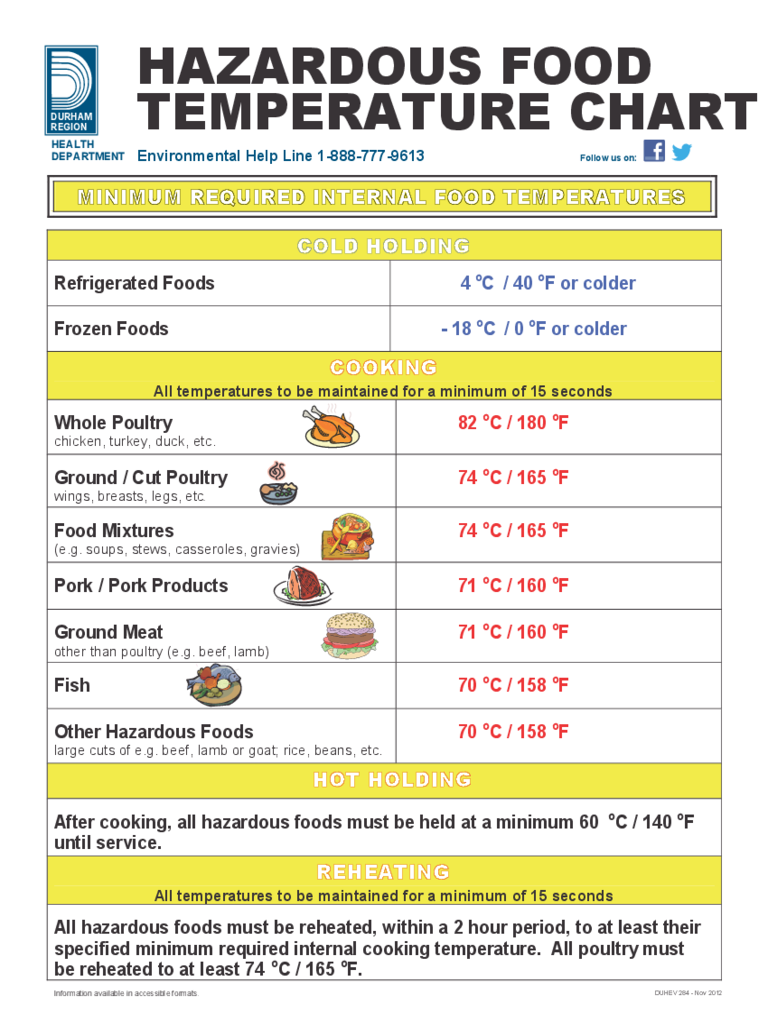
2024 Food Temperature Chart Template Fillable Printable PDF Forms Handypdf
https://handypdf.com/resources/formfile/images/fb/source_images/hazardous-food-temperature-chart-d1.png
Fresh food between 0 C to 4 C Chiller compartment if you have one close to 0 C The Australian Standard for fridges uses a fresh food compartment average temperature of 3 C It s a good target to aim for because it means not freezing foods yet still keeping them below 4 C The food safety standards specify that potentially hazardous foods must be stored displayed and transported at safe temperatures and wherever possible prepared at safe temperatures However you can also use time rather than temperature to keep food safe
Keep your fridge at or below 5 C Use a fridge thermometer to check that the fridge temperature stays around 4 to 5 C Also make sure you have enough room in the fridge because if the food is packed tightly the cold air cannot circulate Check the storage instructions To reduce the risk of bacterial contamination many foods must be stored in the refrigerator and thus kept below 5 degrees Celsius These foods are often classified as high risk foods and include meat poultry dairy seafood eggs smallgoods and cooked rice and pasta

Printable Food Temperature Chart
https://i.pinimg.com/originals/79/b9/d0/79b9d0cb891b63926e4a757bbb3a50e2.png
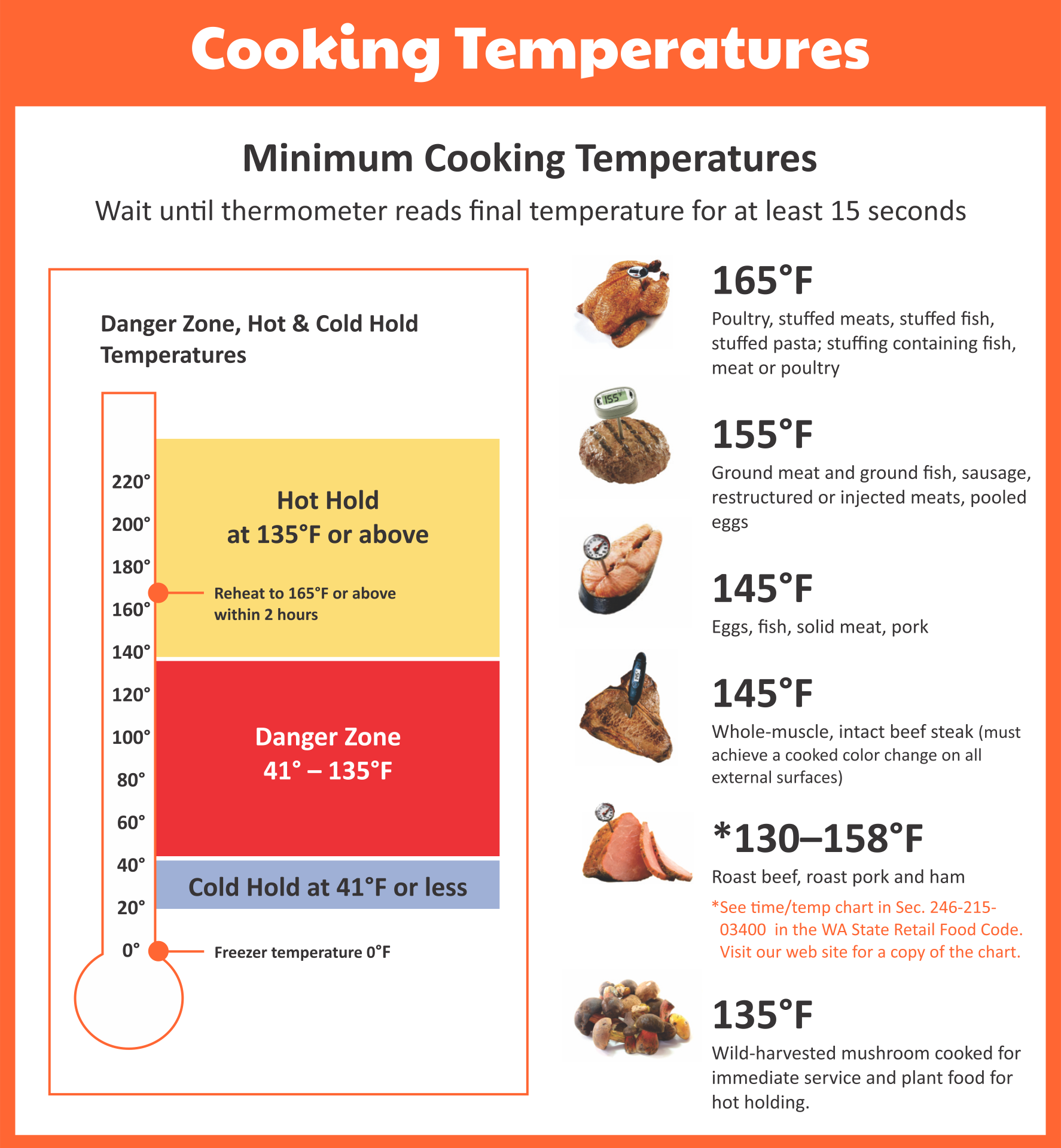
Printable Food Temperature Chart
http://www.printablee.com/postpic/2015/06/cold-food-temperature-chart_418427.png

https://www.foodstandards.gov.au › business › food...
Safe temperature guide Generally potentially hazardous food must always be at 5 o C or colder or 60 o C or hotter to keep it safe You can only keep food at another temperature if you can show it stays safe at that temperature Checking the temperature Use a thermometer to check the temperature of food to make sure it s at a safe temperature
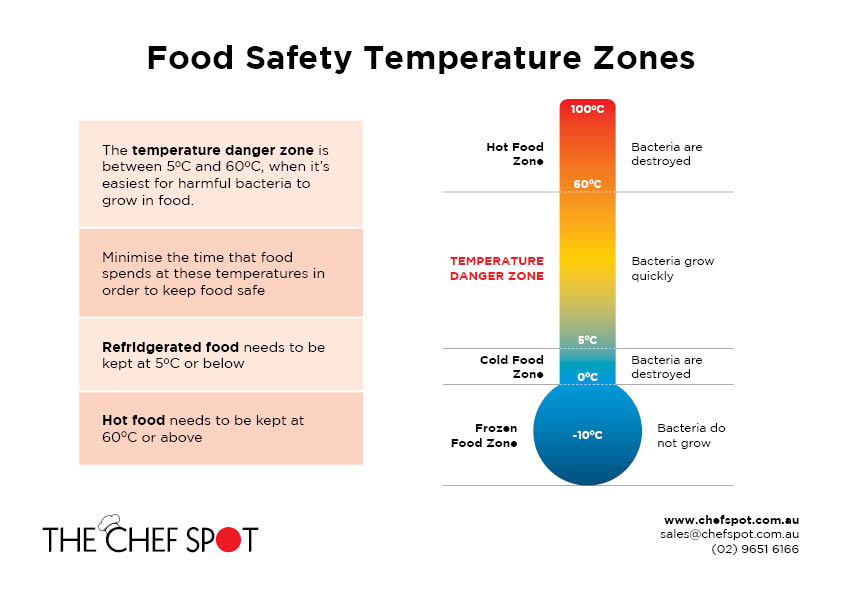
https://www.foodstandards.gov.au › sites › default...
Generally potentially hazardous food must always be at 5oC or colder or 60oC or hotter to keep it safe You can only keep food at another temperature if you can show it stays safe at that temperature Use a thermometer to check the temperature of food to make sure it s at
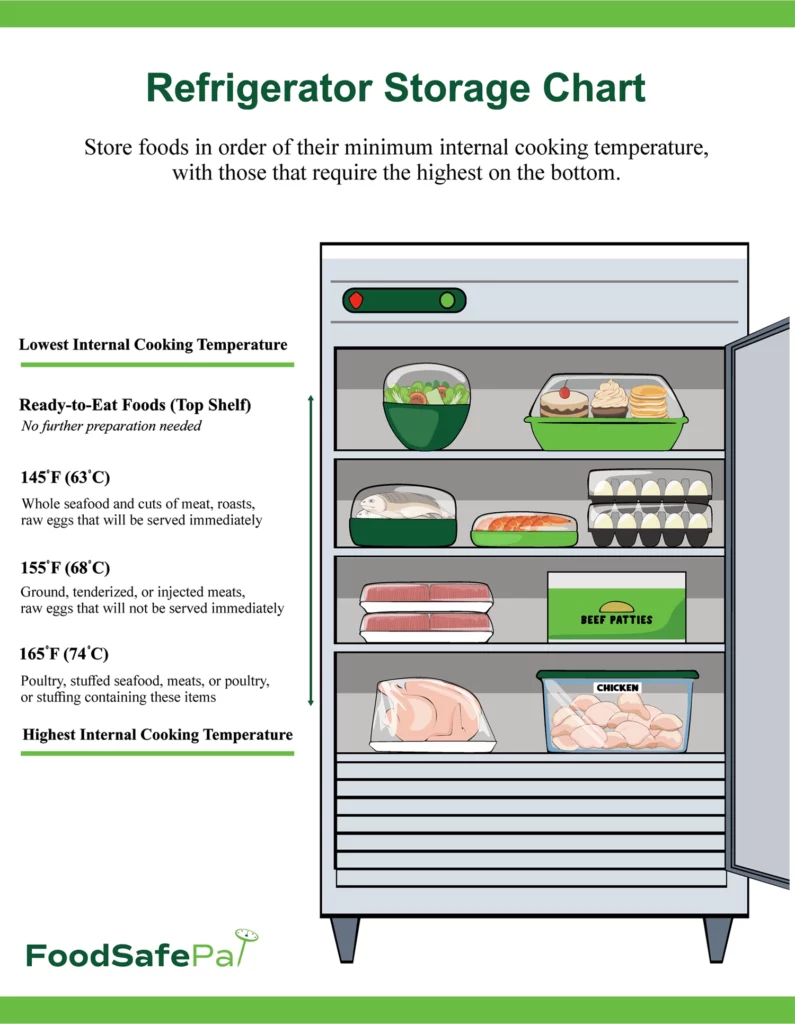
Refrigerator Freezer Storage Chart Refrigerator And Freezer Food Storage Time Chart free

Printable Food Temperature Chart
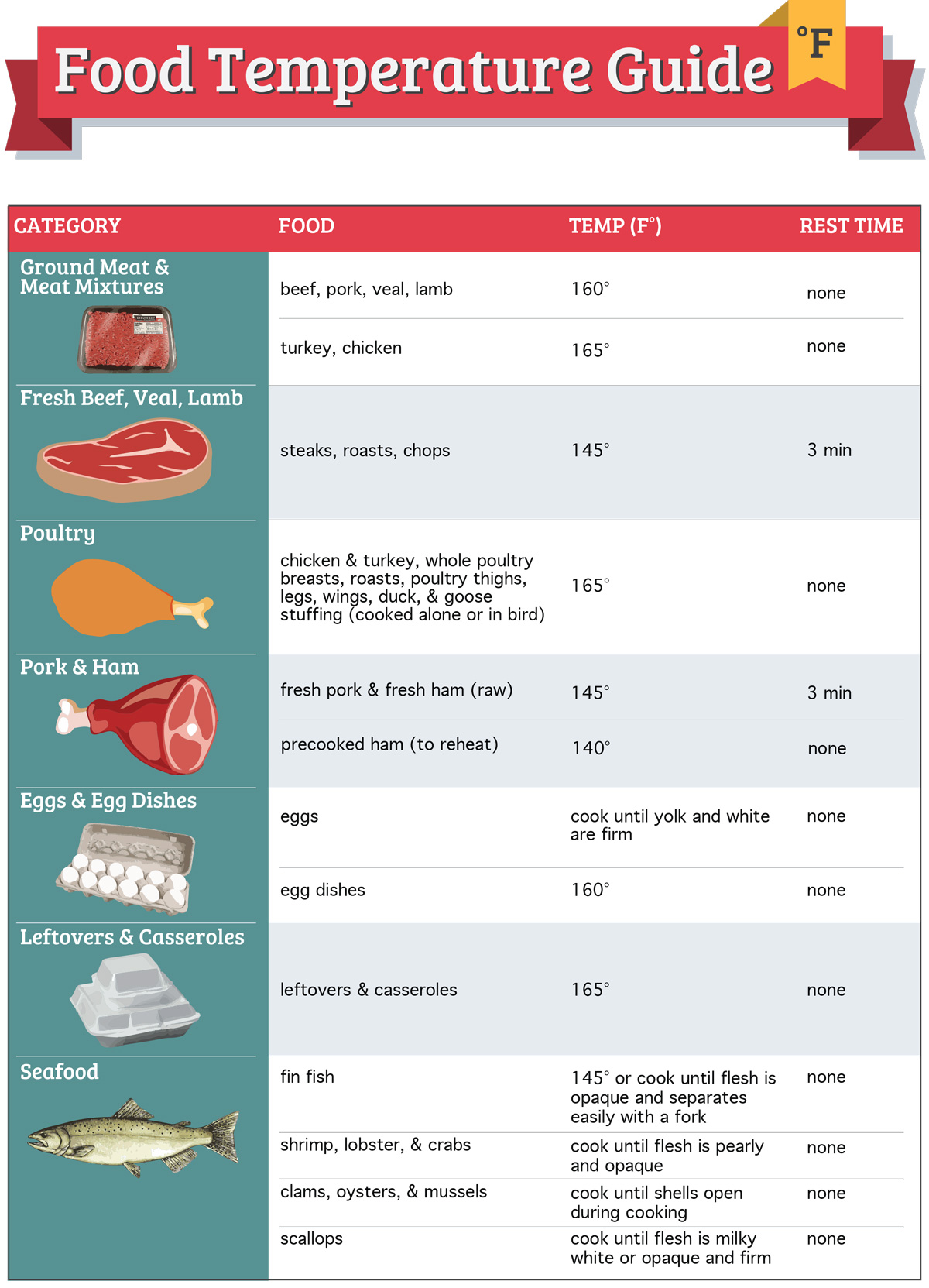
Safe Storage Safe Storage Zone

Meat Temperature Chart Meat Cooking Temperatures Cooking Temperatures Meat Smoker

Vegetable Temperature Storage Chart

Cold Storage Chart Simply Fresh Convenience Just Got Better

Cold Storage Chart Simply Fresh Convenience Just Got Better
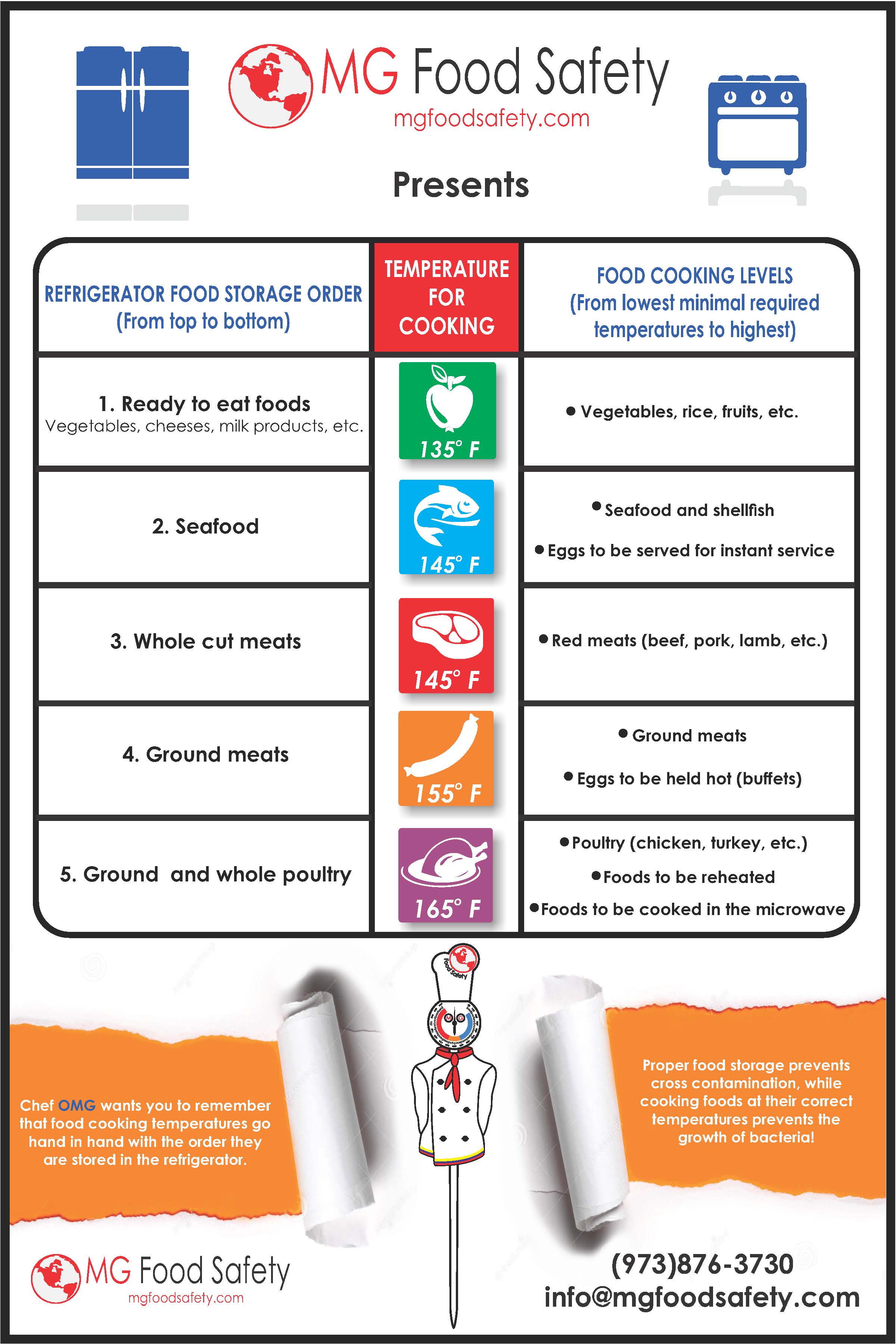
Proper Food Storage Chart Printable

Temperature Control Health And Wellbeing Queensland Government

Food Safety Guidelines To Help You Avoid The Danger Zone Food Safety Temperatures Food Safety
Food Storage Temperature Chart Australia - At receival and during storage the critical temperatures are packaged food must not exceed 5 C red meat carcases and quarters must not exceed 7 C on the surface